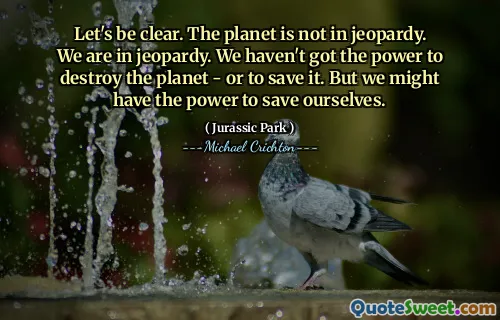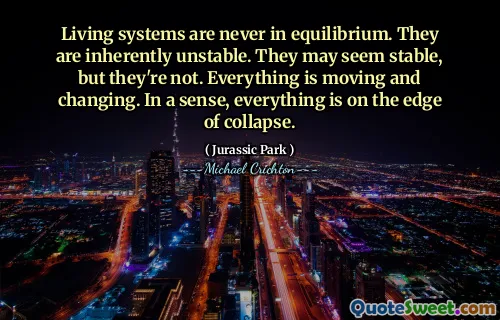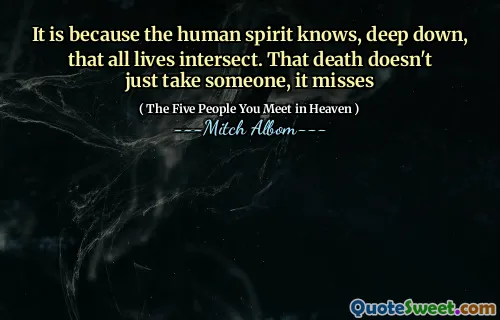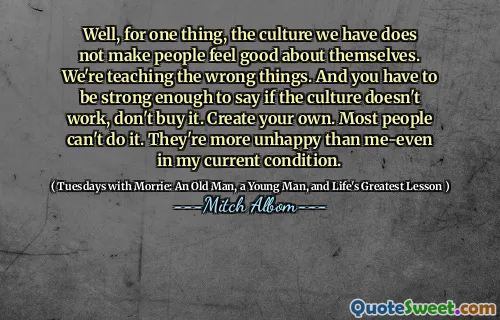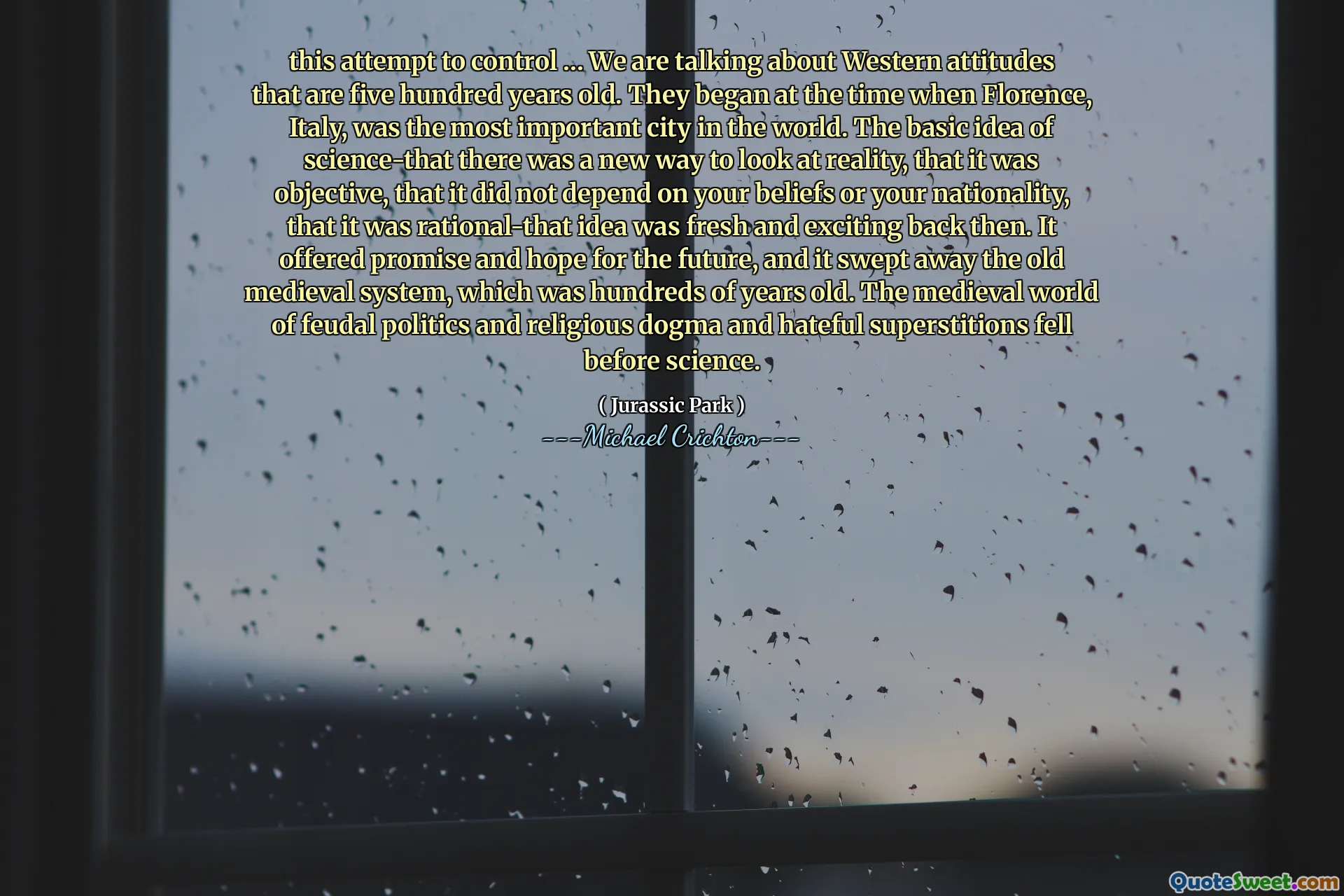
this attempt to control … We are talking about Western attitudes that are five hundred years old. They began at the time when Florence, Italy, was the most important city in the world. La idea básica de la ciencia, que había una nueva forma de ver la realidad, que era objetiva, que no dependía de sus creencias o su nacionalidad, que era racional que la idea era fresca y emocionante en ese entonces. It offered promise and hope for the future, and it swept away the old medieval system, which was hundreds of years old. The medieval world of feudal politics and religious dogma and hateful superstitions fell before science.
(this attempt to control … We are talking about Western attitudes that are five hundred years old. They began at the time when Florence, Italy, was the most important city in the world. The basic idea of science-that there was a new way to look at reality, that it was objective, that it did not depend on your beliefs or your nationality, that it was rational-that idea was fresh and exciting back then. It offered promise and hope for the future, and it swept away the old medieval system, which was hundreds of years old. The medieval world of feudal politics and religious dogma and hateful superstitions fell before science.)
El pasaje analiza el contexto histórico de las actitudes occidentales hacia la ciencia, rastreando sus orígenes hasta el período del Renacimiento, particularmente en Florencia, Italia. Durante este tiempo, el concepto de ciencia introdujo una nueva perspectiva objetiva sobre la realidad que era independiente de las creencias individuales y los antecedentes culturales. Esta idea innovadora representaba un cambio significativo de siglos de tradiciones medievales caracterizadas por el feudalismo, las limitaciones religiosas y la superstición.
This transformation heralded an era of hope and progress, as scientific reasoning began to replace outdated ideologies. El pasaje sugiere que este cambio fundamental sentó las bases del pensamiento occidental moderno, enfatizando la racionalidad y la objetividad, lo que, a pesar de sus avances, también ha llevado a una lucha por el control sobre el conocimiento y la realidad que continúa influyendo en la sociedad contemporánea.


